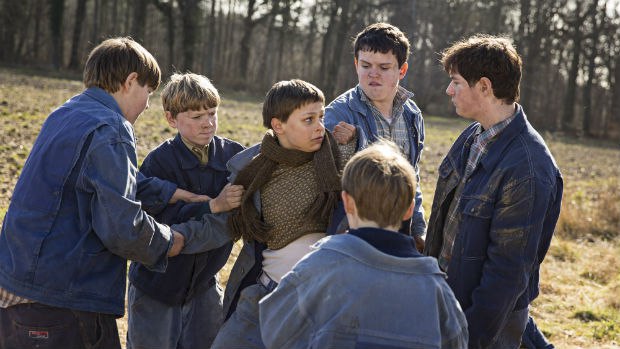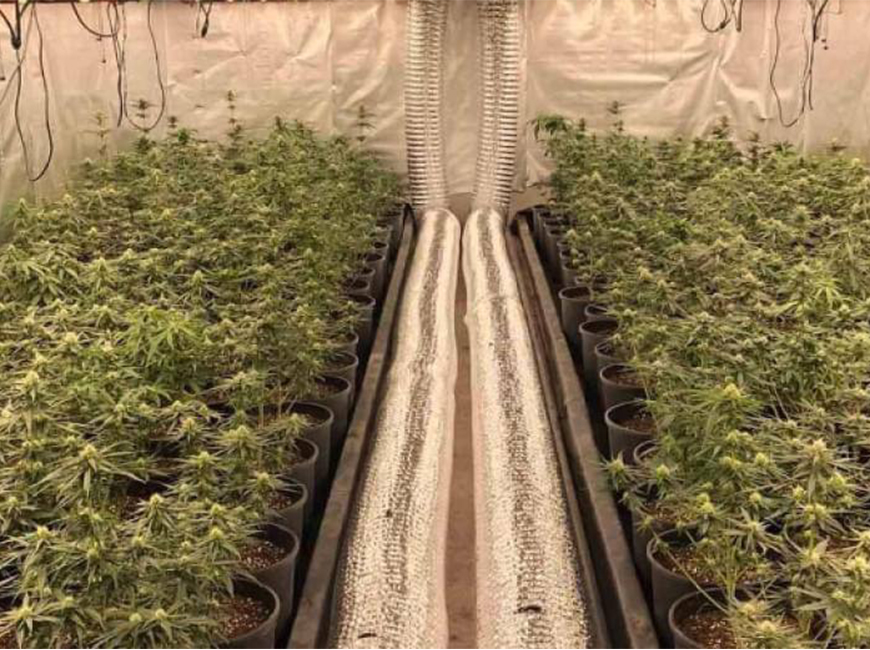Here is a professionally edited version of your text. The tone has been unified, redundant or unclear phrases refined, and the message clarified for better flow and impact, while preserving your core arguments and urgency:
“Kid Gangs” in Malls: A Symptom of Deeper Decay
In recent months, the emergence of so-called “kid gangs” in shopping malls has become a deeply troubling trend. It threatens not only the safety of public spaces but also exposes serious weaknesses in Bulgaria's social fabric, institutional integrity, and anti-corruption efforts. As a civil society organisation committed to fighting corruption and restoring the rule of law, the BULGARIAN ANTI-MAFIA LEGION believes this phenomenon cannot be dismissed as mere mischief or isolated incidents.
For those unfamiliar with the term, these “kid gangs” are groups of children and teenagers, typically aged 10 to 18, who gather in shopping malls not for shopping, but for socialising and displaying status. Many form around territorial or school affiliations, and their behaviour often includes aggression, harassment, and hooliganism. Clashes between groups from different neighbourhoods are increasingly common, frequently escalating into verbal and physical confrontations.
This phenomenon also has a digital dimension. Videos of attacks, insults, and acts of humiliation are often recorded and shared on platforms like TikTok and Instagram. These posts turn aggression into a spectacle, rewarded with likes, shares, and digital notoriety. Social media has become a stage for self-assertion through violence, with little to no consequences.
Security staff in malls are frequently undertrained and lack the authority to manage such situations effectively. Police often intervene only after incidents occur, and child protection services remain underfunded, overwhelmed, and largely reactive. This vacuum of responsibility creates fertile ground for unchecked aggression. The institutions meant to ensure safety and accountability are glaringly absent.
A significant factor contributing to the problem is the lack of parental control. Many children are left unsupervised, with smartphones and pocket money, but without boundaries, guidance, or oversight. Compounding the issue is the lack of accessible, high-quality recreational alternatives. Youth clubs, sports teams, and extracurricular activities are in decline, largely due to chronic underfunding and mismanagement of public resources.
A particularly alarming trend is beginning to surface: allegations that some of these youth groups are being drawn into drug distribution networks. Initially approached as customers—via soft drugs, laughing gas, or pills—children are often lured into becoming distributors, either through pressure or for financial gain. This exploitation of minors is not just a legal and moral crisis—it’s a national tragedy. It endangers individual lives and compromises the country’s future.
Worse still, there are growing allegations of institutional complicity—claims that some representatives of the police and local authorities may be providing cover, or a so-called “umbrella,” for these networks. If confirmed, this would reveal a dangerous entanglement between organised crime and the very institutions meant to combat it. The BULGARIAN ANTI-MAFIA LEGION demands an urgent and thorough investigation into these claims. There is no greater crime than allowing drugs and corruption to destroy our children.
We also recognise a deeper, systemic problem: endemic corruption and the failure to exercise effective oversight over the funding and implementation of social policies. When the budget for child welfare and extracurricular programs is misallocated or siphoned off, the results are clear: children seeking identity not in culture, education, or sports, but in violence and chaos.
To address this escalating crisis, we must implement comprehensive measures: enhanced security, expanded video surveillance, and the presence of social workers and psychologists in malls during peak hours. Beyond that, we need real, not performative, preventive and educational campaigns aimed at parents, teachers, and children. These campaigns should include training to identify risky behaviour and foster responsible digital conduct.
It is easy to name the problem; solving it is far more difficult, especially after years of neglect. Many of today’s parents are themselves products of that neglect, perpetuating a cycle that is increasingly hard to break. How do we convince incompetent or indifferent leaders that funding extracurricular programs is not an expense, but an investment in the nation’s future?
Legally, we must enforce the Child Protection Act—despite its imperfections—and establish clear procedures for addressing parental negligence. This is not just about enforcement but about ensuring real accountability.
The rise of child gangs in malls is not a harmless phenomenon. It is a symptom of deep social and institutional decay. Addressing it requires more than police intervention—it calls for systemic political and societal reform. When institutions fail to act, civil society has to raise the alarm, speak the truth, and demand change. Not just to identify the problem, but to insist on solutions.
Join our Telegram community HERE.











Comments
The article has 0 comments